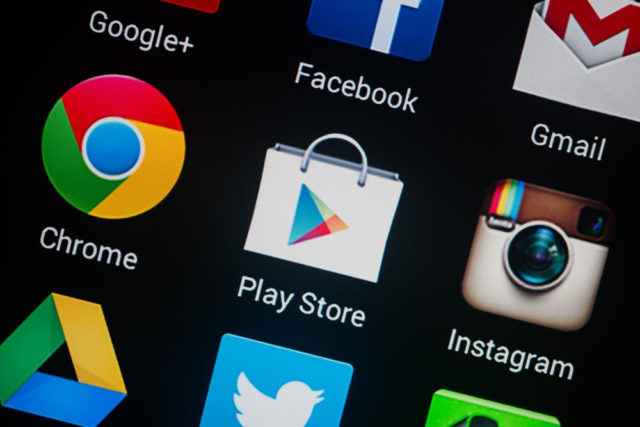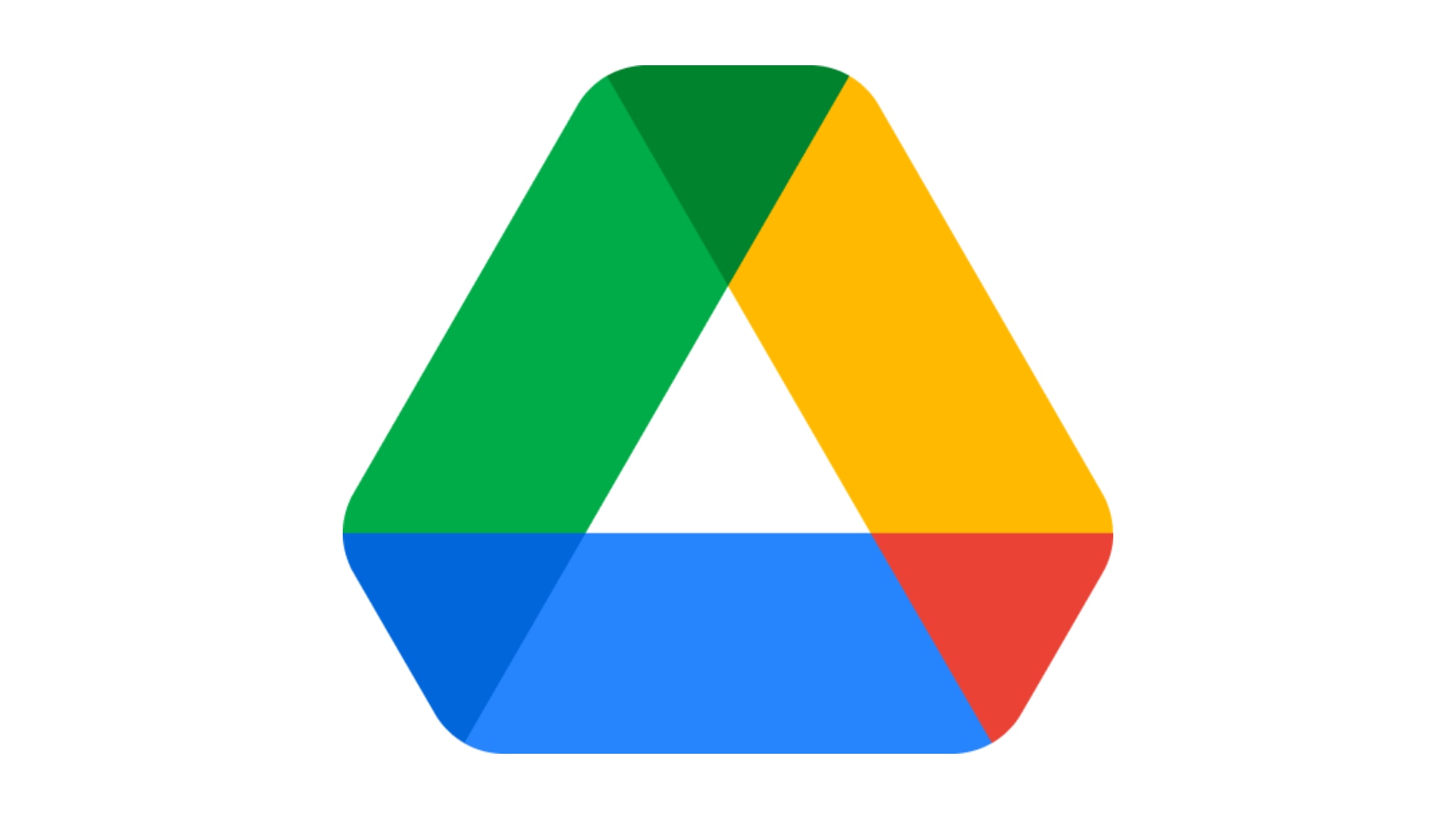
Match Group Suing Google over Play Store Billing Policies, Google Responds

Match Group, the parent company of Tinder, OkCupid and Match, is suing Google for over-restrictive billing policies within the Play Store. The company has launched a formal complaint, claiming that Google has “illegally monopolized the market for distributing apps.” Google has since responded.
Match Group’s complaint was uploaded and accessible on May 9th. Reading it, the complaint feels very familiar and echoes the complaints other app companies have had with Google and Apple in the past. “The is a case about the strategic manipulation of markets, broken promises, and abuse of power that Google LLC has to employ to illegally foreclose competition in the world’s largest mobile device ecosystem, Android,” the complaint reads.
Much like the heavily talked about case between Epic Games and Apple, Match Group believes Google enforces unfair Play Store policies by forcing users to pay through Google’s billing system and not third parties directly. Google’s billing system enables them to collect 30 percent of each payment. Though, that amount is lowered to 15 percent for developers making under $1 million. Music streaming apps and subscriptions have also been granted this model. However, Match Group accuses Google of employing “bait and switch tactics,” something Google heavily disagrees with.
“Match Group would have you believe that all Google Play provides is payment processing. This simply isn’t true, and Match Group knows it,” Google says in a released blog post. The company believes that on top of providing a billing structure, the Play Store is a platform that “provides tools and a global distribution platform that helps developers grow their business.”
Google then goes on to break down what it believes to be inconsistencies in Match Group’s complaint. For instance, Google states that only “around 3% of developers are subject to a service fee.” Google claims that 99% of developers qualify for a service fee of 15 percent or less.
The company even goes as far as to note that Match Group does not offer user choice billing in South Korea. As Google says, its own user choice billing is available in that region.
“Likewise, they inaccurately allege that users “sometimes” pick Match Group’s billing 3 to 1 over Google Play. But many of their apps only offer Match Group’s billing.”
Google concludes by saying, “No other mobile platform is as open as Android, and no other platform has shown more willingness to champion user choice, invest in change or collaborate with developers.”
There’s currently no word on what the next steps are in this ordeal. However, it is another shining example of a platform holder receiving pressure to break down the closed garden walls of its ecosystem. This is a long-trodden debate in regards to Apple and Google and will likely continue for years to come.

